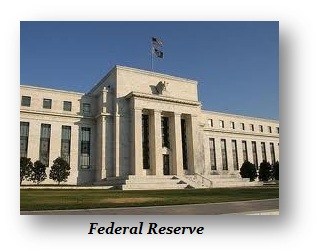
The greatest threat we have to the financial stability of the entire global economy is the collapse in liquidity. Governments cannot understand that their desperate need for money that has unleashed the worldwide hunt for money that is producing the greatest collapse in liquidity on a global scale. Even just recently, the Federal Reserve Governor Jeremy Stein commented on what has become obvious that the bond market has become too large and too illiquid, which exposes the entire market structure to a contagion crisis that is capable of seizing up the world economy like never before in history since the 1720s.
International investment has been the lynch-pin of economic expansion since ancient times. International trade began in Babylonian times. Even in Athens, Aristotle wrote about the people who made money from money that inspired Marx. Aristotle believed that the creation of the market economy whereby farmers could produce excess crops and sell them to brokers in Athens who resold them in foreign lands was undermining the quiet Athenian social structure. Cicero wrote about how any disaster in Asia Minor sent panic running down the streets of the Roman Forum because of international investment. After the Dark Age, the Tulip Bubble attracted capital from all over Europe as it the Mississippi Bubble in France that burst in 1720 followed by the South Sea Bubble in England later that same year. Targeting money overseas for not paying taxes is destroying international trade and that reduces global liquidity. The greedy people in government only see their self-interest and not the consequences of their actions.
The events of 2008 when the money market funds briefly fell below par was a warning sign that we are in a bear market for liquidity. The Federal Reserve is now deeply concerned about liquidity and understands the possibility insofar as the bond market is concerned. But rather than address the issue directly that is causing the collapse in global liquidity, the Fed is directing its attention to try to slow any potential panic selling of bonds by constructing a barrier to any panic exit. According to a small story in the Financial Times, Fed officials are contemplating the requirement to impose upon retail owners of mutual bond funds an “exit feeâ€Â to liquidate their positions.

